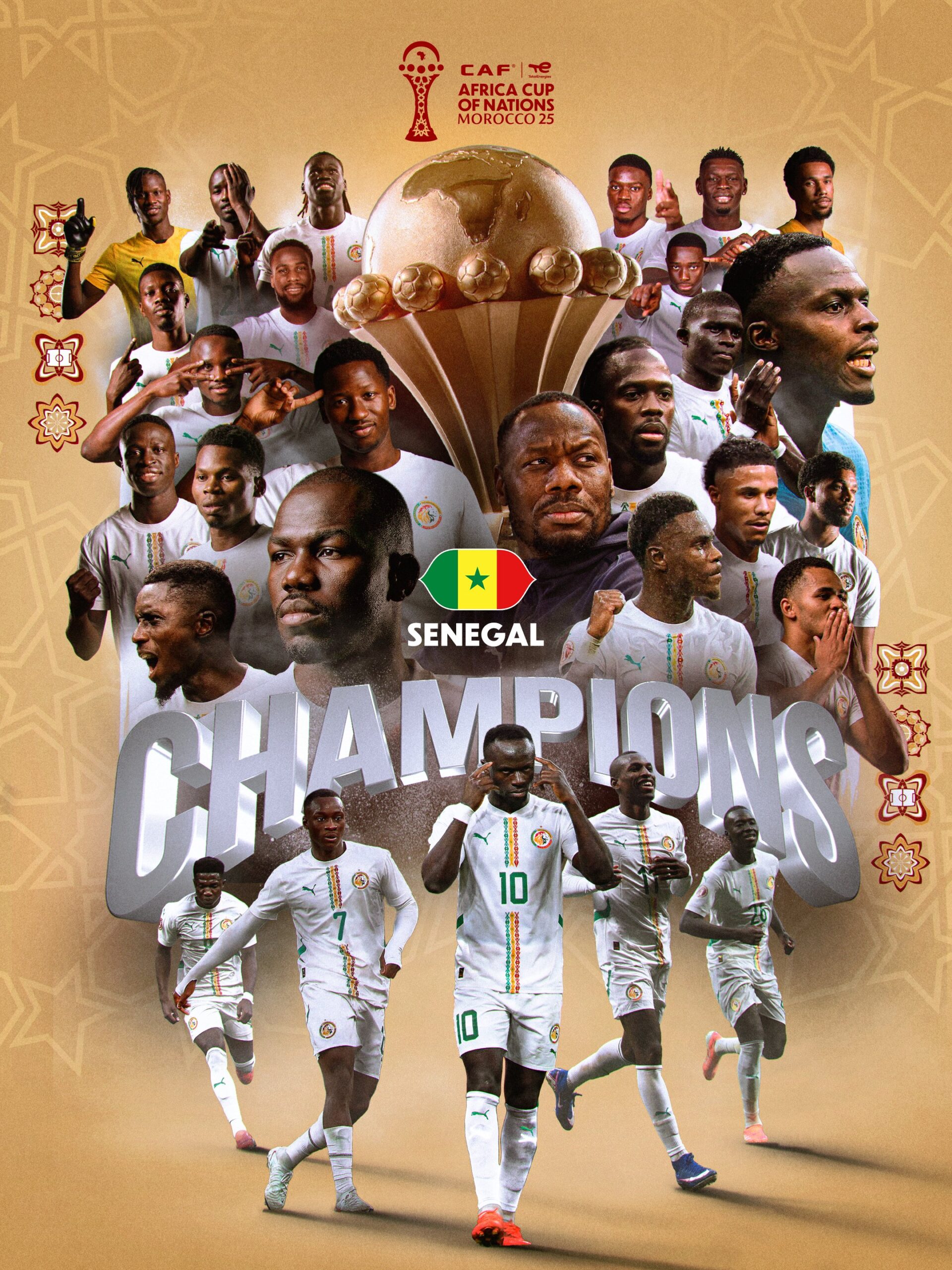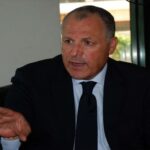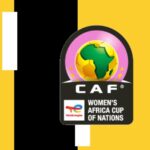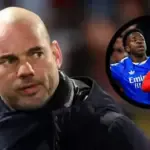The rise of Africa’s football academies: A legacy of talent and development
Africa’s football academies have become the backbone of talent development on the continent, playing a crucial role in shaping the next generation of football stars.
Despite challenges such as inadequate infrastructure and limited scouting networks, these academies have thrived, producing world-class players who have left an indelible mark on the global stage.
From the early pioneers to modern institutions, Africa’s academies have adopted structured training models while preserving the continent’s unique footballing identity.
Here, we explore some of the most influential academies that have defined African football.
Génération Foot (Senegal): A model of success
Founded in 2000 by former Guinean international Mady Touré, Génération Foot has established itself as a benchmark for African football academies.
The Dakar-based institution became a trailblazer in 2003 when it partnered with French club FC Metz.
This collaboration, one of the first of its kind in Africa, ensured that Metz had priority access to talents developed at the academy in exchange for financial and technical support.
Génération Foot’s structured training system has consistently produced high-calibre players.
The likes of Papiss Cissé (ex-Newcastle), Diafra Sakho (ex-West Ham), and Fallou Diagne (ex-Rennes) emerged in the early 2000s, paving the way for future stars.
The academy’s most notable graduate, Sadio Mané, became a Champions League winner with Liverpool and one of Africa’s finest footballers.
More recent products include Ismaïla Sarr (Crystal Palace) and Pape Matar Sarr (Tottenham).
With a senior team competing in Senegal’s top flight and a focus on both technical and academic development, Génération Foot continues to be a leading talent factory.
Brasseries du Cameroun (Cameroon): The foundation of a football dynasty
Established in 1989 by the Société Anonyme des Brasseries du Cameroun (SABC), this academy laid the groundwork for Cameroon’s golden generation.
Based in Douala, it became synonymous with discipline, technical excellence, and tactical intelligence.
The academy’s influence was evident as it produced stars who shaped Cameroonian football in the 1990s and 2000s.
Legends like Rigobert Song, Geremi Njitap, Salomon Olembe, and Alioum Saïdou all honed their skills at Brasseries du Cameroun before achieving international success.
The trend continued with players such as Clinton Njie, Vincent Aboubakar, and the highly-rated Carlos Baleba.
With an emphasis on player education and holistic development, the academy remains one of Cameroon’s most respected football institutions.
Mimosifcom (Ivory Coast): The heart of Ivorian football
Mimosifcom, the renowned training centre of ASEC Mimosas, was established in 1994 with the backing of Ivorian agro-industrial company SIFCA and the influence of French football visionary Jean-Marc Guillou.
Located in Abidjan, it quickly became the lifeblood of Ivorian football.
The academy’s alumni list reads like a who’s who of African football: Yaya and Kolo Touré, Salomon Kalou, Didier Zokora, Gervinho, and Aruna Dindane all emerged from its ranks.
The impact of Mimosifcom extends to the present, with six members of Ivory Coast’s 2024 Africa Cup of Nations-winning squad—Ghislain Konan, Odilon Kossounou, Jean-Michaël Seri, Karim Konaté, Oumar Diakité, and Folly Ayayi—tracing their roots to the academy.
Despite Guillou’s departure in 2006, Mimosifcom has maintained its reputation as a premier talent hub, continuing to develop elite players year after year.
Diambars (Senegal): A unique football-education model
Founded in 2003 by Senegalese businessman Saër Seck and former footballers Patrick Vieira, Jimmy Adjovi-Boco, and Bernard Lama, Diambars Academy in Saly was created with a mission beyond football: to combine sports excellence with academic education.
This dual approach has produced well-rounded players, including Idrissa Gana Gueye (Everton), Pape Souaré (ex-Crystal Palace), and Mikayil Faye (Rennes).
The academy has also been a pioneer in combating age fraud, a persistent issue in African football.
Diambars has fielded a senior team in Senegal’s top division and previously partnered with Olympique de Marseille, though the collaboration yielded mixed results.
The academy has since expanded its scope, even venturing into basketball development through a partnership with NBA Africa.
Kadji Sports Academy (Cameroon): The cradle of greatness
Established in 1995 by Cameroonian businessman Joseph Kadji Defosso, the Kadji Sports Academy (KSA) became synonymous with football excellence in the 2000s.
Its most famous graduate, Samuel Eto’o, passed through KSA before moving to Spain, where he became one of Africa’s greatest-ever players.
The academy also nurtured other Cameroonian icons, including goalkeeper Carlos Kameni, midfielders Stéphane Mbia and Jean II Makoun, and strikers Benjamin Moukandjo and Nicolas Nkoulou.
Though its influence has waned in recent years, KSA remains a respected institution with an enduring legacy in African football development.
Blending European models with African identity
These pioneering academies have successfully adapted European-style training methods while maintaining the essence of African football.
Their ability to combine technical excellence with physical and mental discipline has ensured their longevity and continued impact on the global stage.
![]()
By investing in structured development and holistic player education, these institutions have not only produced world-class talent but have also inspired a new generation of academies across the continent.
As Africa’s football landscape continues to evolve, these academies remain at the forefront, shaping the future of the sport.












